Posted on June 30, 2014 08:36:23 PM
The avoidable tragedy of rural poverty
48 2 Google +0 0
 |
HIGH POVERTY afflicts rural communities. Coconut farmers and small fisherfolk are among the poorest of the poor. Something is amiss with agriculture support services in the countryside. I am not referring to the Department of Agriculture (DA). I am pinpointing the real culprit — local government units (LGUs).
Sadly, few readers and politicians in the cities understand the major failings of the LGUs, especially the municipalities. Here are some:
|
RELATED STORIES
 M.A.P. Insights — Rolando Dy: “Saving our coco farmers by using our coconuts”
 M.A.P. Insights — Niceto S. Poblador: “Teach business students strategy upfront”
 Map Insights — Chiqui Escareal-Go: “Social responsibility: It shouldn’t just be for show”
 Map Insights — Rex C. Drilon II: “Stakeholders are back on the SEC radar”
 Map Insights — Dr. Avelino Dl. Zapanta: “Airport vision looking for a place to land”
|
* The agriculture extension service was devolved to the LGUs by the Local Government Code (LGC) of 1991. LGUs’ record has been poor. Some 23 years have passed. It has not been amended.
* LGUs are mandated by law to allocate 20% of their internal revenue allotments (IRA) for economic development.
* LGUs are enablers for private investments.
First, the agriculture extension service is the frontline for delivery of technology to small farmers. This is where farm productivity and crop diversification must emanate. The DA is too distant from the farms. Extension is not its mandate.
There were high hopes after the LGC that agriculture development can proceed in earnest with the devolution. It has been 23 years since the LGC. There are many horror stories of how the devolution miserably failed its mandate.
Some experts say that national funding was lacking. I say that the reform was flawed from the beginning. Making the municipal mayor the chief agriculture extension officer was a mistake.
The quality of extension depends on the background of the mayor. If he is a doctor, he is bound to focus on health service. The post of agriculture extension officer has become a post for political payback. Many are not fit to discharge the functions as they have little agriculture background. The placement of extension officers is exacerbated by elections every three years.
The posts have become a career dead end for qualified people. If the mayor does not like the person, he will be in limbo until the next election, or he does an entirely different job, such as a market collector. He has no other place to move to.
Despite 23 years of poor track record, no one dared to amend the LGC. If it was a private corporation, the entity would have gone bankrupt.
REFORMS: Scholars such as Drs. Cristina David and Eliseo Ponce have long batted for making the provincial capital as the hub for agriculture extension. There will be a critical mass of experts. There will be career paths for technicians displaced in other municipalities. There will be technical and market specialists in the provincial office. There will be coordinated agri-development management. I will add that extension technicians must have an agriculture degree, and must pass the board exam.
Second, LGUs are mandated to allocate 20% of their IRA for economic development. Since most of the rural areas are agriculture-based, that implies that most, if not all, projects are for agriculture and fishery. Is this indeed happening? From my feedback on the ground, it is not. The IRA share has been used for other purposes.
REFORMS: There has to be effective monitoring of LGU projects and their outcomes on poverty reduction. Good performers must be rewarded.
Third, LGUs are supposed to be growth drivers. They must attract private investments and creat jobs. What is the score? There are good LGUs as shown by the ratings of the Institute for Solidarity in Asia (ISA). But most are not doing well. The rural poverty incidence at 40% or so has been stagnant for years.
There are stories of mayors who demand a monopoly supply of workers, say to a piggery farm. Some municipal councils demand “front-end fees” from investors. Worse, some fail to distinguish between public and private funds in handling the IRA.
REFORMS: There must be a stricter auditing of funds. There is a need to protect the safety of the auditors. There are instances when government auditors’ lives are threatened.
In the cities, the people and the media keep pointing at the national officials for agriculture’s under-performance. Unfortunately, the frontliners are the LGUs. Many are under-performers. Where do we go from here?
There is a need to craft a job-creation scorecard for every LGU. Only jobs can reduce rural poverty.
Of the 1,490 municipalities, how many will score well?
Rolando Dy is chair of the Management Association of the Philippines Agribusiness and Countryside Development Committee, and executive director of the Center for Food and AgriBusiness of the University of Asia & the Pacific.
